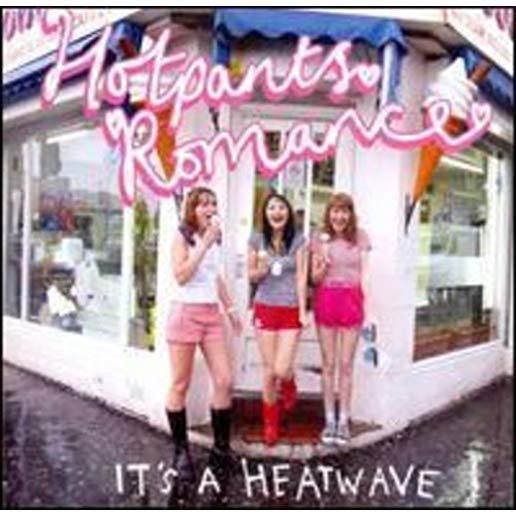
"Nashon Cook's Communion reads like the most delicate, deepest delving into the mysteries of existence: love and sex, hate and violence, life and death in a transcendent interweaving that can leave one crying and smiling all at the same timeless time. This book evokes for me the mystical poetry of the ancient Sufi poets Rumi, Hafiz, and Lala in which body/spirit are one, where the language of sensual love becomes the language of the holy fire and mystical communion outside any church or condemnation of a man who feels passion for other men as the I-narrator does. Herein also unfolds an exploration of various kinds of love, including friendship and mother-son connection. Like the Sufi poets, Nashon Cook whirls until his words become a whirlwind of naked poetry drawing the reader's heart into a similar ecstatic dance. Poetry doesn't get any better than that." --Susan Deer Cloud
"In poems plainspoken and lovely, Nahshon Cook tells the human story: our need for one another and the many ways we hurt and heal, together and alone. History, joy, faith, death, revelation - Communion takes them all on with an understated grace, often through conversation, the human voice itself in relationship, in love. "by the time/I finish a poem//being alive/makes sense," the poet tells us. That's how I felt reading this moving collection." -- Sarah Browning, Director of Split This Rock and author of Whiskey in the Garden of Eden
"In Communion, Nahshon Cook "enters the silence of the sanctuary", a place made wholly by body and mind, meditation and action. Observant in all meanings of that word, these poems rely on the watchful eye and response of their narrator, a black gay man in the American West, where split-second decisions have devastating impact, where a new relationship hangs in the nave of past and future. Soft-spoken and self-assured short lines and long columns are these poems' form and hymn, a long conversation - or is it lamentation? with a congregation of sinners, sanctified, the dead and undead, dreams, and ultimately wonder, gratitude, and care." --Valerie Wallace, editor with RHINO and author of The Dictators' Guide to Good Housekeeping







